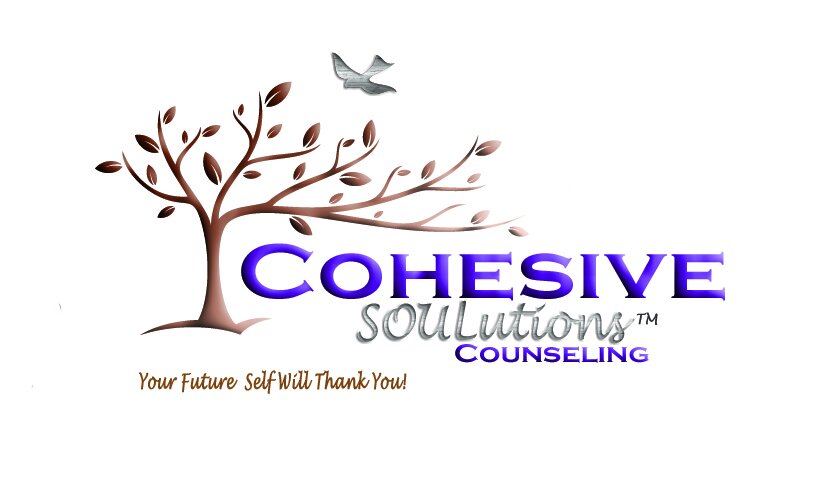Individual Therapy
A Systemic, Solution-Focused Approach
Individuals are like puzzle pieces in larger puzzles
Even as individuals, we live within social systems such as families, friend groups, workplaces, and communities. We’re like puzzle pieces in larger puzzles, so sustaining positive life changes can be challenging without sometimes focusing on the larger puzzle. My approach is based on that truth, and considers individual treatment within the larger context of family, work, school, and other social systems.
SYSTEMIC: A systemic approach means that effectively improving your individual patterns of behavior, thoughts, and feelings also requires a strategic focus on how they are created and maintained by your surrounding environment. Historically, individually-focused therapies produced results that were often not sustainable, so systemic approaches like mine evolved to create meaningful and lasting change.
SOLUTION-FOCUSED: Some therapies spend most of the time and effort trying to understand your past and what is “wrong” with you. While I value the importance of understanding your story and how it contributed to your current state, it’s often most efficient and painless to invest more time understanding your current experience and how you would like your future to be different. Similarly, while insight about what you don’t want can be helpful, lasting change comes from awakening your own power to build what you do want. This type of therapy is referred to as “solution-focused,” or “brief therapy.”
Therapeutic Modalities
Every person and situation is unique, so we’ll find the best approach for you.
Ericksonian: Utilizes precise internal and external language patterns through hypnosis, Neurolinguistic Programming, and conversation to create fast and permanent unconscious change.
Neuro Linguistc Programming (NLP): Helps clients learn to manage their moods and emotions based on how external reality is encoded into their internal experience, while providing effective tools to reprogram the way clients process information leading to more successful behavior and outcomes.
Most people don’t know one therapy approach from another, but not all therapy is created equal, so being an informed consumer is one way to ensure that you have the best experience and receive the most benefit from your investment of time, emotions and money.
Because every person and situation is unique, I draw from a wide range of proven therapy methods. But I’m most likely to rely a combination of these:
Solution Focused / Narrative: Language and how we habitually frame “problems” reinforces them, so this approach focuses on broadening perspective to emphasize creatively expanding solution behaviors.
Cognitive Behavioral Therapy (CBT): One of the most researched and proven therapies for individuals, CBT recognizes the close bond between thoughts, feelings and behaviors and how altering one of them will reshape responses, experiences, and outcomes.
Structural / Strategic: Brings to light the recurring patterns of unhelpful or unhealthy behavior (cycles) that keep individuals, couples, and families stuck, and then strategically interrupts the cycles without blame
Internal Family Systems (IFS): While growing up, we naturally subdivide our minds into different “parts” to be functional and safe, so understanding how those parts interact with each other to influence our thinking and behaving allows us to be more intentional about how our different parts influence us.
PsychoEducational / Enrichment: Decades of solid research informs us about what works and what doesn’t for managing our own happiness, relationships, parenting styles, motivation, etc., yet many of us use a “trial and error” approach or just “do it the way our parents did”. Customized instruction and reinforcement empowers clients with the tools they need to understand and change behavior.
Trans-Generational: Both helpful and unhelpful patterns of behaving and relating to others are passed down from generation to generation, which means that sometimes breaking an unhealthy cycle includes identifying and questioning the inter-generational patterns we inherited growing up.
Hypnotherapy and Neuro-Linguistic Programming (NLP) deserve their own section because as I’ve found in my own work, they are often the most efficient, timely, and painless means for drastic therapeutic progress.
With the help of hypnosis, you can utilize your whole mind (conscious and unconscious) to address challenges such as:
Addictions and Habits
Poor Body Image
Habitual Responses to “Triggers” (including emotional and interpersonal)
Anxiety and Depression,
Fears and Phobias
Self-Limiting Beliefs and Behaviors
Trauma Recovery
By partnering with your subconscious through hypnosis and NLP, you can enhance:
Confidence
Athletic and Academic Performance
Pain Management
Self Esteem
Concentration
Mind-Body Connection and Healing



